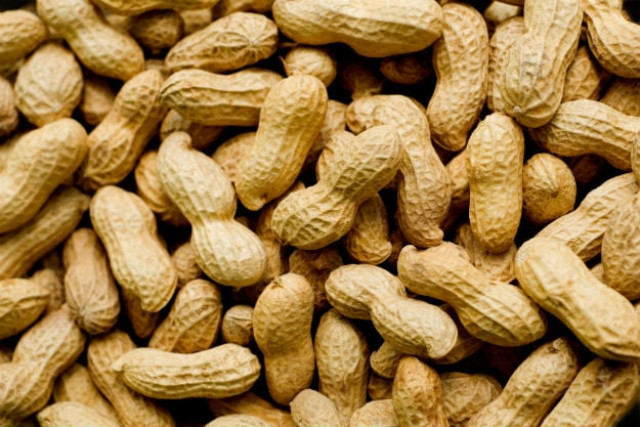Want to cure peanut allergies? Here's how
The probiotic used in the study and the dose were equivalent to eating about 20kg of yoghurt each day

The probiotic used in the study and the dose were equivalent to eating about 20kg of yoghurt each day. PHOTO: NURSEGAIL
Probiotics are healthy bacteria found generally in yogurt and certain other foods. They have long been considered helpful for stomach and digestion ailments and have more recently been researched for relief from allergic reactions.
In this particular study, conducted at Melbourne's Murdoch Children's Research Institute, researchers studied 30 children with peanut allergies who were given a daily dose of peanut protein along with a dose of probiotics, which was steadily increased over the 18-month period of the study.
According to The Guardian, "The probiotic used in the study was Lactobacillus rhamnosus and the dose were equivalent to eating about 20kg of yoghurt each day". The results of the study were remarkable: about 80 per cent of the children were able to eat peanuts at the end of the trial without an allergic reaction.

Not only has the study proved to be life-changing for the children and families involved, it also offers an incredible breakthrough in finding a cure for one of the most persistently common food allergies. This insight could also help researchers find potential cures for other food allergies.
Mimi Tang, the lead researcher in the case, said that they had chosen to work with peanut allergy "because it is usually lifelong and it is the most common cause of death from food anaphylaxis".
Follow-up research will be required to see if those cured from peanut allergy will continue to stay cured in years to come. Another aspect of research will examine if this cure will stay potent for those who remove peanuts from their diet only to re-introduce them after some time.
Though the results of this study have been promising, researchers urge families not to try this at home since during the study there were some children who suffered allergic reactions. At this time this research has not advanced beyond the safety and regulation of a clinical trial supervised by doctors, and personal attempts to replicate it may be dangerous.


















COMMENTS
Comments are moderated and generally will be posted if they are on-topic and not abusive.
For more information, please see our Comments FAQ